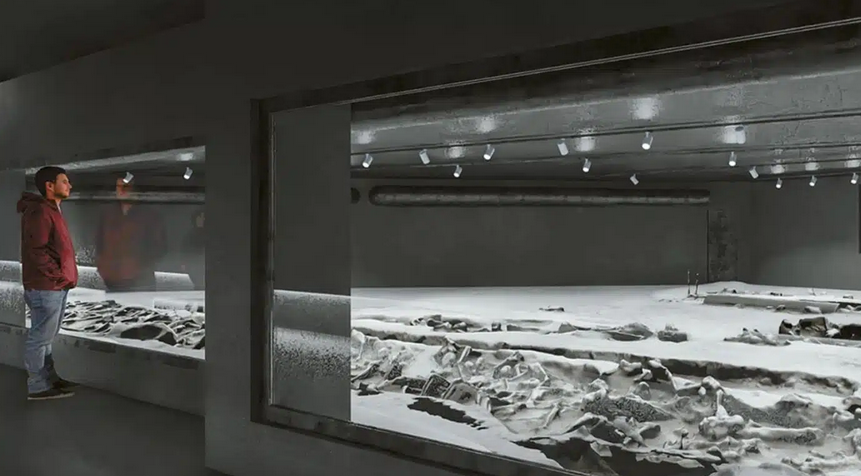Priest, Statesman, Hero of the Greek War of Independence (1788 – 1825)
Papaflessas was one of the most prominent figures during the Greek War of Independence. He was born as the 28th and last son of Demetrius Dikaios. He studied under a strict educational system close to very skilled teachers. At a young age, he became a priest and received the name Gregorios Phlessas. Still, people would call him Papaflessas, a name by which he would be written down in history.
Papaflessas was a patriot, something that was evident when he was still a child. He spent some time in Zakynthos, where he was influenced by the French Revolution. He would hear conversations about peoples’ uprising, liberty, freedom and a revolution soon coming to Greece. It was there that he met with Theodoros Kolokotronis, a man whose fame had already spread throughout Greece. Later, he travelled to Constantinople to become archbishop. He was one step from becoming Patriarch of Constantinople, but fate had different intentions for him. Instead, Papaflessas came to contact with the Philiki Hetaireia (Society of Friends) and became a member. Soon after, he undertook an active role in recruiting many new members to the sacred war of freedom. He preached, he encouraged, he influenced, he persuaded. He even managed to gather a large sum of money, which he invested in the Society of Friends for the war.
During the first stages of the war, Papaflessas and Alexander Hypselantes agreed that Papaflessas would travel to Morea to start a conflict while Hypselantes’ forces would distract the Turkish forces at Wallachia. Henceforth, the Greek War of Independence had begun. He participated in a number of important battles, most notably the liberation of Kalamata and the Battle of Dervenakia alongside Theodoros Kolokotronis, Niketas Stamatelopoulos, Demetrius Hypselantes and many others. The Battle of Dervenakia proved to be one of the most successful battles in the chronicles of the Greek War of Independence. The Greek forces, even though they were outnumbered by 10.000 still managed to defeat the Turkish forces and win the battle decisively.
Even though the Greek War of Independence was at its progress, Papaflessas’ life was coming to an end. Just before the battle of Maniaki, he received a letter from his brother Niketas convincing him to change his tactics. Papaflessas wrote to him back: “Niketa, I received your letter and as a reply I tell you that […] if I swore to spill my blood in need of my homeland, this is the time. I wish in God that Ibrahim’s first shot take my head, because I am writing to you to come faster and you are writing me hogwash. Niketa, this is my first and last letter; keep it and read it time to time to remember me and to cry”. On March 20th, 1825, Papaflessas falls alongside his faithful men, after having fought like a lion. During the end of the battle, Ibrahim ordered his men to find and retrieve Papaflessas’ body. They tied his body on a tree and ordered his servants to wash his face. He gazed at him for a few seconds and kissed his face as an act of acknowledgement of his bravery and courage.
To this day, Papaflessas’ fortress at Maniaki still exists. Every spring during March, the hill sprouts beautiful flowers from the soil on which Papaflessas spilt his blood as a reminiscent of his Leonidean battle.
Bibliography
Barbis, Kostas. Jackals and Hyenas of the Greek Politics. Thessaloniki: Kadmos, 2012. Print.
“Papaflessas”. Helios New Encyclopaedic Dictionary. Passas, I. Athens, 1946. Print.
”Παπαφλέσσας. Ο αρχιμανδρίτης που αγάπησε τις γυναίκες, το ποτό και την επανάσταση”. mixanitouxronou.gr. 19 May 2014. Web. 18 Dec. 2015.









